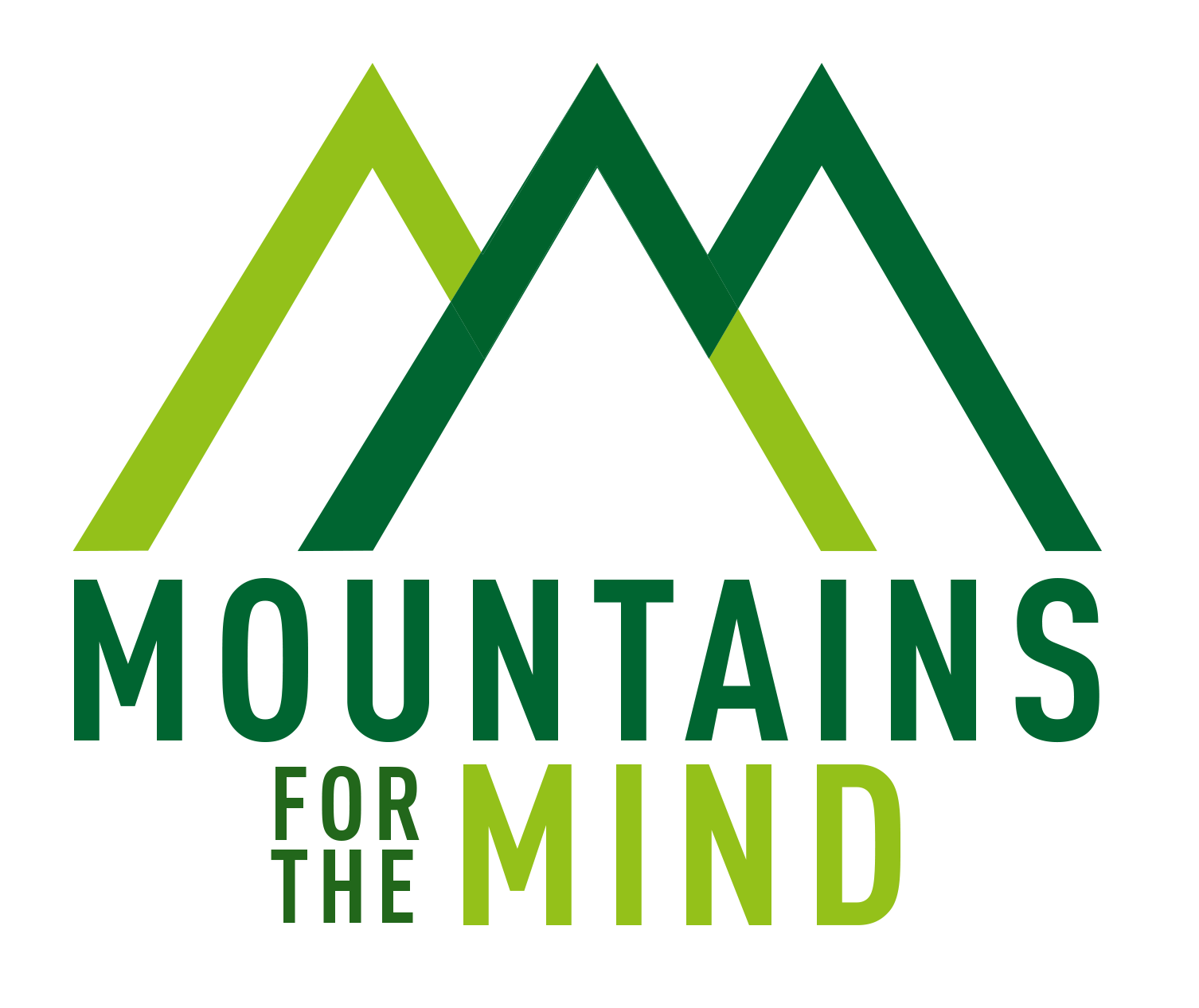John Robinson, paramedic
“I’ve seen how someone’s whole life can be changed in a moment”
“My job exposes me to the worst of what humans can do to each other. How people who have had enough with life end it in various distressing ways. I’ve watched those who haven’t had much of a chance in life pass away. I’ve treated injuries from various modes of transport and fire. And I’ve seen how someone’s whole life can be changed in a moment.
“Over my 16-year career I have dealt with around 10,000-14000 cases and over that time I have developed some resilience and ability to ‘file’ away incidents. But in 2016, an array of factors combined and I started to suffer a variety of symptoms, from mood swings, headaches, anxiety and depression resulting from PTSD and stress. I found myself in dark places with no motivation, worrying about when and how I was going to die. At one point I found the symptoms so tiring and destructive that after seeing how people have actually ‘done it’, I was driving past lamp posts and seeing them as opportunities.
“I never realised until recently that there are 2 types of PTSD, type one ‘single traumatic events’ and type two ‘chronic exposure’. Society is more open and accepting than ever and PTSD is being tackled, however, type two PTSD is less recognised and still needs further research, especially in the sort of role I do.
“I’ve had counselling, rewind therapy, periods of medication. Then Gemma, a good friend of mine was planning a series of mental wellbeing mountain climb experiences and needed participants. Gemma is a nurse working with early pregnancy, where any babies born in her department die as they're less than 18 weeks’ gestation.
“I’d never climbed a mountain. So earlier this year off I set up Cadair Idris with Gemma and a group of nurses and paramedics. The fresh air, the beautiful scenery, the distraction of a challenge was just what I needed. Being on a mountain, there is barely any signal, no interruptions, no stressors. I am able to focus on myself.Walking with those who have a similar experience I found was more powerful than talking to a stranger who has not experienced the same trauma.
“The weather was shocking with 50mph winds and rain, but on that day, I felt like I was closer to nature and all the stress had been removed. Something about sharing the fresh air, the fun, the neutral ground and scenery with a supportive group of people has become an important way to reconnect with myself and others.
“I have spent 16 years of my life helping others in their moments of crisis, and now the mountains are helping me in mine.”

